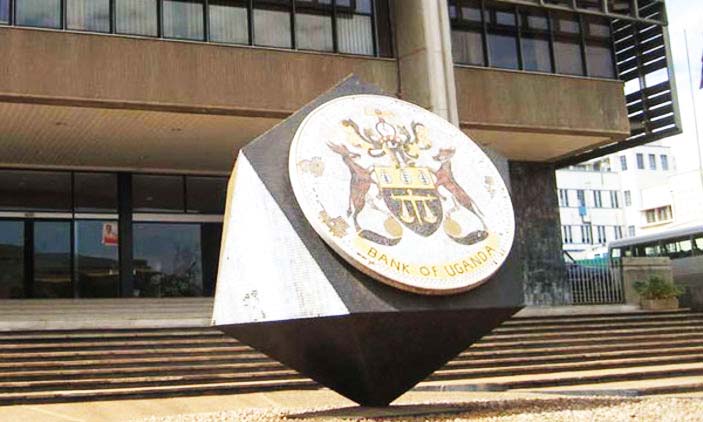By Agnes Tumuhaire
The Central Bank of Uganda raised the benchmark interest rate from 6.5 per cent to 7.5 per cent.
The development was announced during the release of the June Monetary policy statement.
This is a four years gap from when the interest rate was last increased in October 2018 from 9 per cent to 10 per cent making a cumulative of 6.5 per cent.
The economic situation
According to the Deputy Governor of Bank of Uganda (BoU), Michael Atingi-Ego the move is intended to counter Uganda’s worsening inflation rate and at the same time boost the weakening shilling.
“Inflation is increasing rapidly and is spreading broadly across the basket of consumer goods and services,” he said.
Uganda, just like many other economies, is faced with a lot of financial setbacks from the Covid-19 pandemic but also, reportedly, from the clashes between Russia and Ukraine.

The war between the two European neighbors was a big blow to the already ailing Ugandan monetary situation, with many household commodities shooting to double their original prices.
Reports from the BoU reveal that the global economic trends and escalating inflation rate have culminated in domestic growth shrinkage from the projected range of 5.5 – 6 per cent to 4.5 – 5 per cent in 2022.
“The BoU will continue to raise the (Central Bank Rate) CBR until inflation is firmly contained around the medium-term target,” Atingi-Ego adds.
As the country gears up for the projected inflation peak in 2023, the interest rate rise is expected to avert the shocks and help stabilise the economy till normality is forecast in the mid-2024.
Uganda is awaiting President Yoweri Museveni to appoint a new BoU governor after the longest-serving, Emmanuel Tumusiime Mutebile’s death in January 2022.
Rise in loan rates.
Most commercial Banks survive on borrowing whenever there is less cash in the reserve. This comes due to higher withdrawals compared to cash deposits into bank accounts.
Therefore when interest rates rise, it increases the cost of borrowing, making both credit and investment more expensive.
With many households reaching the financial edge due to high prices of commodities, the raise may mean even a much higher burden.
This is because most local businesses; small and large, exist on loans.
If they are getting the loans at a higher rate, it may force them to increase prices to catch up or risk closure if they can’t keep up the pace.
“The weakening of the Uganda shilling against the US dollar coupled with rising food and energy prices have worsened the inflation outlook,” Atingi-Ego said.
The good news is before the interest rate hike, the Uganda shilling was trading at 3,800 against the dollar, which put a lot of strain on imports. However, it has now lowered to about 45 shillings.
The Uganda Bureau of Standards (UBOS) indicated an inflation jump from 4.9 per cent in April 2022 to 6.3 per cent in May 2022.
A closer example is schools. When Covid-19 struck, many accumulated debts due to unpaid loans which led to their subsequent closure.
Others resorted to hiking school dues to catch up with the debt burden.
The interest rate increment may be the final nail in the coffin for such institutions that are already struggling to survive post- Covid-19.

Morgage uptake
Mortgage uptake may be lower, yet it acts as a viable means through which some Ugandans own homes or construct commercial buildings.
With inflated prices of construction materials like cement, many may be forced to halt construction plans or risk a low return on investments due to high mortgage rates.
Rising fuel prices have also affected both the production and supply of household commodities and also raw material for manufacturers.
Reduction in revenue
The increase in the costs of living will force many people to cut out on expenditures and focus on the most essential goods resulting in low profits for businesses and reduced government revenue.
In his National Budget speech delivered on June 14, 2022, the Minister of Finance, Planning and Economic Development, Matia Kasaija indicated an already low uptake of loans.
“Commercial bank lending rates for the shilling denominated loans marginally declined to 18.8 per cent in the 10-month period to April 2022, down from 19.1 per cent in the same period in the previous year,” he said.
He indicated further that there was reduction in lending rates in the transport and communication, building, mortgages, construction and real estate, and personal and household loans sectors.






















